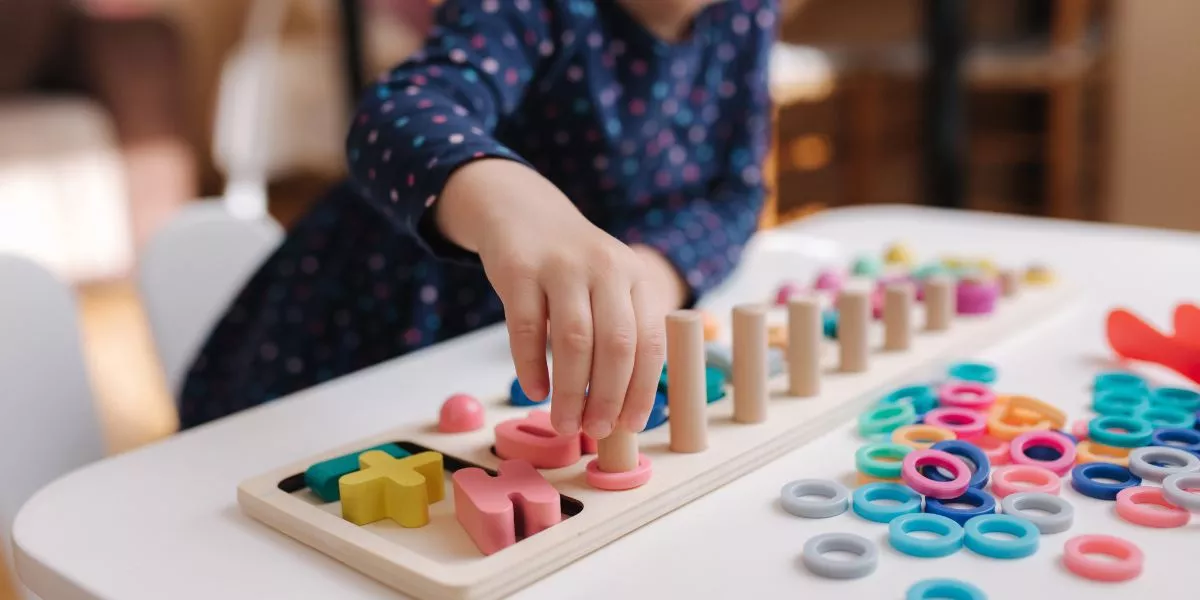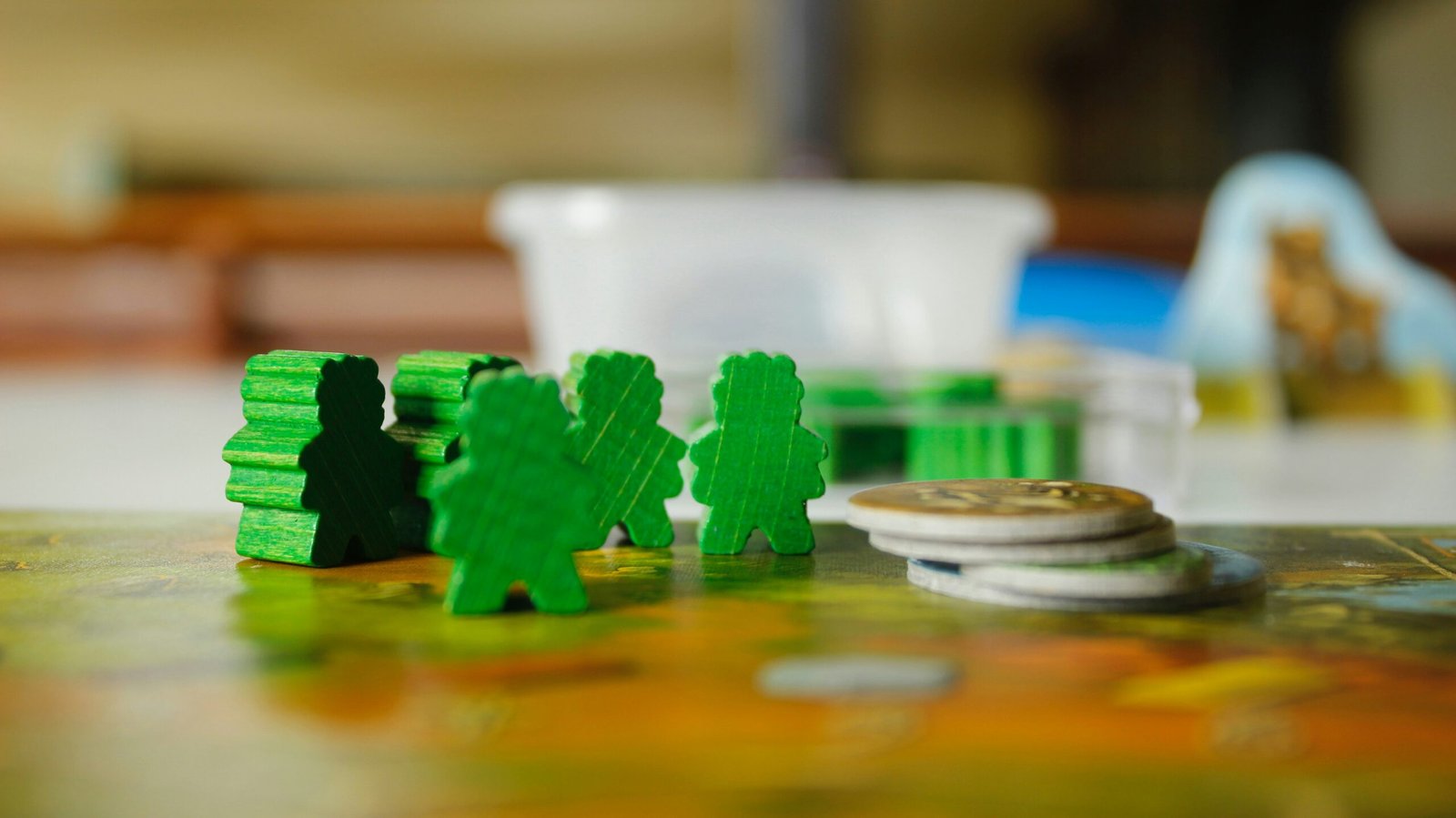
By engaging in play-based learning, you might be surprised to discover how it can have a profound impact on a child's cognitive abilities. The way children interact with their environment through play can spark neural connections and boost brain development in ways that traditional learning methods might not achieve. So, as you consider the benefits of play-based learning in enhancing cognitive skills, remember that the magic of play lies in its ability to make learning a natural and enjoyable process.
Benefits of Play-Based Learning
By engaging in play-based learning, children develop essential cognitive skills that form the foundation for their future academic success. Through play, kids naturally enhance their problem-solving abilities, critical thinking skills, and creativity. When playing, children are actively exploring, experimenting, and discovering the world around them, which stimulates their brain development.
Moreover, play-based learning fosters social skills such as communication, teamwork, and empathy. Interacting with peers during play helps children learn how to collaborate, negotiate, and resolve conflicts, which are crucial skills both in school and later in life. Additionally, play encourages emotional regulation and self-control as children navigate different scenarios and emotions during their playtime.
Furthermore, play-based learning promotes language development as children engage in conversations, storytelling, and imaginative play. This strengthens their vocabulary, grammar, and expressive abilities. By incorporating play into educational activities, children not only acquire knowledge but also develop a lifelong love for learning, setting a strong foundation for their academic journey.
Cognitive Development Through Play
How does play contribute to the cognitive development of children?
Play is essential for stimulating cognitive growth in children. When engaging in play, children are actively using their brains to explore, problem-solve, and make decisions. Through imaginative play, such as pretending to be a chef or a doctor, children enhance their creativity and develop critical thinking skills.
Furthermore, play provides opportunities for children to practice and improve their memory skills. Whether it's remembering the rules of a game or recalling a storyline during pretend play, children are constantly exercising their memory muscles.
Additionally, play helps children enhance their concentration and focus, as they need to pay attention to the game or activity at hand.
Play-Based Learning Activities
Engage children in interactive games and creative tasks to promote cognitive development through play-based learning activities. Encouraging kids to participate in activities like building blocks, puzzles, and memory games can enhance their problem-solving skills. These hands-on experiences help children develop critical thinking abilities as they learn to strategize and make decisions during play.
Incorporating pretend play, such as playing house or setting up a pretend store, can boost children's imagination and creativity. Through role-playing, kids can explore different scenarios, develop empathy, and enhance their social skills. This type of play-based learning activity also aids in language development as children engage in conversations and storytelling within their imaginative play settings.
Furthermore, sensory activities like kinetic sand, water play, or sensory bins can stimulate a child's senses and promote sensory exploration. These activities not only strengthen fine motor skills but also encourage children to observe, predict, and experiment, fostering scientific thinking at an early age. By engaging in a variety of play-based learning activities, children can develop a range of cognitive skills while having fun and staying engaged.
Implementing Play-Based Learning
To effectively integrate play-based learning into educational settings, consider incorporating interactive and hands-on activities that cater to children's diverse learning styles and interests. By providing a variety of engaging activities, you can create a stimulating environment that encourages exploration and creativity. Incorporate elements like building blocks, puzzles, sensory bins, and dramatic play areas to promote cognitive development while keeping the learning process enjoyable.
Furthermore, it's essential to allow children the freedom to make choices during play-based learning sessions. Encouraging them to select activities based on their preferences fosters independence and decision-making skills. Additionally, rotating materials regularly can maintain children's interest and prevent boredom, ensuring they remain actively engaged in the learning process.
Moreover, incorporating technology in a balanced way can enhance play-based learning. Utilize educational apps, interactive games, or digital storytelling tools to supplement traditional play materials. However, remember that technology should complement, not replace, hands-on experiences to maximize cognitive skill development through play. By implementing these strategies, you can create a dynamic play-based learning environment that optimizes children's cognitive growth and learning outcomes.





